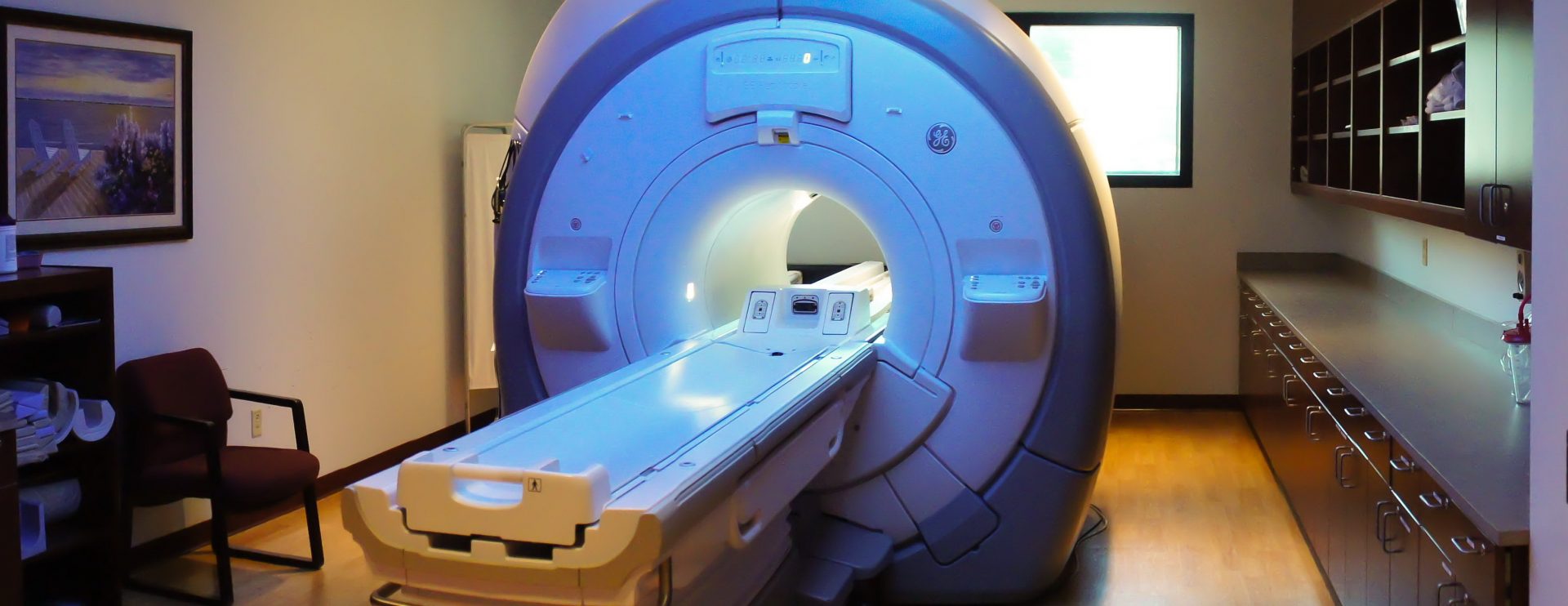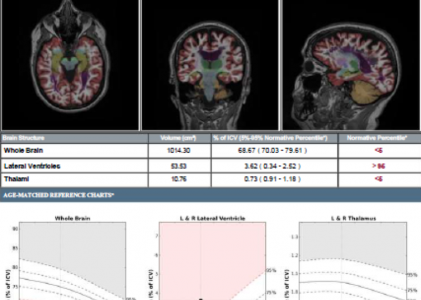June is National Alzheimer’s and Brain Awareness month, and while dementia is a symptom of Alzheimer’s there is a difference between the two. Dementia is a symptom of underlying health conditions, including Alzheimer’s, and many other conditions such as Parkinson’s disease, Huntington’s disease, and human immunodeficiency virus (HIV), among others. Alzheimer’s is a disease that causes dementia, but there are some differences between the two diagnoses.
Diagnosing Dementia
There are nearly 35 million people worldwide living with some form of dementia. Dementia refers to several problems of the brain that become more likely to occur as people age. One of the earliest problems noticed is forgetfulness and confusion. As the confusion grows, people often have difficulty remembering names and faces of people they know.
Patients with dementia progress to developing a poor hygiene regimen and may even refuse to bathe. They will repeat questions, make poor decisions, and eventually reach the point where they can no longer care for themselves. While dementia itself is not fatal, a prognosis would depend upon the underlying condition causing the dementia.
Diagnosing Alzheimer’s
Alzheimer’s occurs when anomalous protein deposits are visible in the brain. These deposits build plaques and tangles that destroy connections in the brain cells, eventually shrinking the brain. A diagnosis is not 100% while a patient is alive, only autopsy can accurately verify changes in tissue of the brain. Diagnoses are primarily made based on symptoms.
Most people begin to show symptoms after the age of 60, although Alzheimer’s can develop in younger people as well. When diagnosed in people over the age of 80, the progression can happen quickly and usually is fatal within three years of diagnosis. When diagnosed in younger people, it can take longer to progress.
Early detection is beneficial, and can prolong life and lessen symptoms. Know the 10 Early Signs and Symptoms of Alzheimer’s compared to typical age related changes from the Alzheimer’s Association, the leading voluntary health organization in Alzheimer’s research, care and support.
Stages of Alzheimer’s
There are basically 3 general stages of Alzheimer’s disease; mild, moderate and severe, referred to as early, middle and late stages.
In the first mild stage, someone may still drive and live independently, although they are beginning to feel as though they are having memory problems and forgetting familiar words and objects. Family and friends may begin to realize that there is a problem as they notice more difficulties.
The moderate stage is usually the longest, lasting several years. The person will require more care as the disease progresses. They may show frustration or anger and act unexpectedly. It will become more difficult to perform routine tasks and express their thoughts as damage to nerve cells in the brain continues to worsen. During this stage, someone is a higher risk for wandering away and getting lost, as they will have difficulty remembering their address or phone number.
In the final severe stage, people with Alzheimer’s will lose the ability to carry on conversations, control movements or respond to their environment. Communicating becomes difficult and help is needed for daily activities. During this stage, an individual will need around the clock care and assistance with personal care.
Facts and Figures About Alzheimer’s
More than five million Americans live with Alzheimer’s, which is the 6th leading cause of death in the United States (more than breast cancer and prostate cancer combined). Once diagnosed with Alzheimer’s, a person lives on average four to eight years, but may survive up to twenty years depending on other variables factors.
About ten percent of people age 65 and older has dementia caused from Alzheimer’s, and two thirds of Alzheimer patients are women. African Americans are twice as likely to develop Alzheimer’s and other dementias as older Caucasian women, and Hispanics are one and one-half as likely as older Caucasians to develop Alzheimer’s disease.
Alzheimer’s Treatment
Early detection of Alzheimer’s can provide some relief of symptoms and help an individual maintain and prolong some independence. While there is no cure, treatment can slow the progression of this disease, and temporarily lessen symptoms of confusion and memory loss.
Common treatment for Alzheimer’s includes a group of prescription medications called cholinesterase inhibitors, which treat symptoms such as: memory, thinking, language, judgment and other thought processes.
If you or a loved one are coping with an Alzheimer’s diagnosis, know that you are not alone, and support is available. Get resources to help you along the way during each stage of Alzheimer’s, access information and support during any stage of the disease, connect with other caregivers and find many more resources at the Alzheimer’s Organization Caregiver’s Center.
For immediate assistance with Alzheimer’s you can call the Helpline at 1-800-272-3900, 24 hours a day and 7 days a week.
Remember, you are not alone, and there is help and support available to aid both the individual coping with an Alzheimer’s diagnosis, and the caregiver who may be searching for help and support.
Greater Waterbury Imaging Center reminds you go Purple for the month of June in support of National Alzheimer’s month. We understand your need for caring and professional assistance during any medical diagnosis. Contact us for your magnetic resonance imaging needs.


